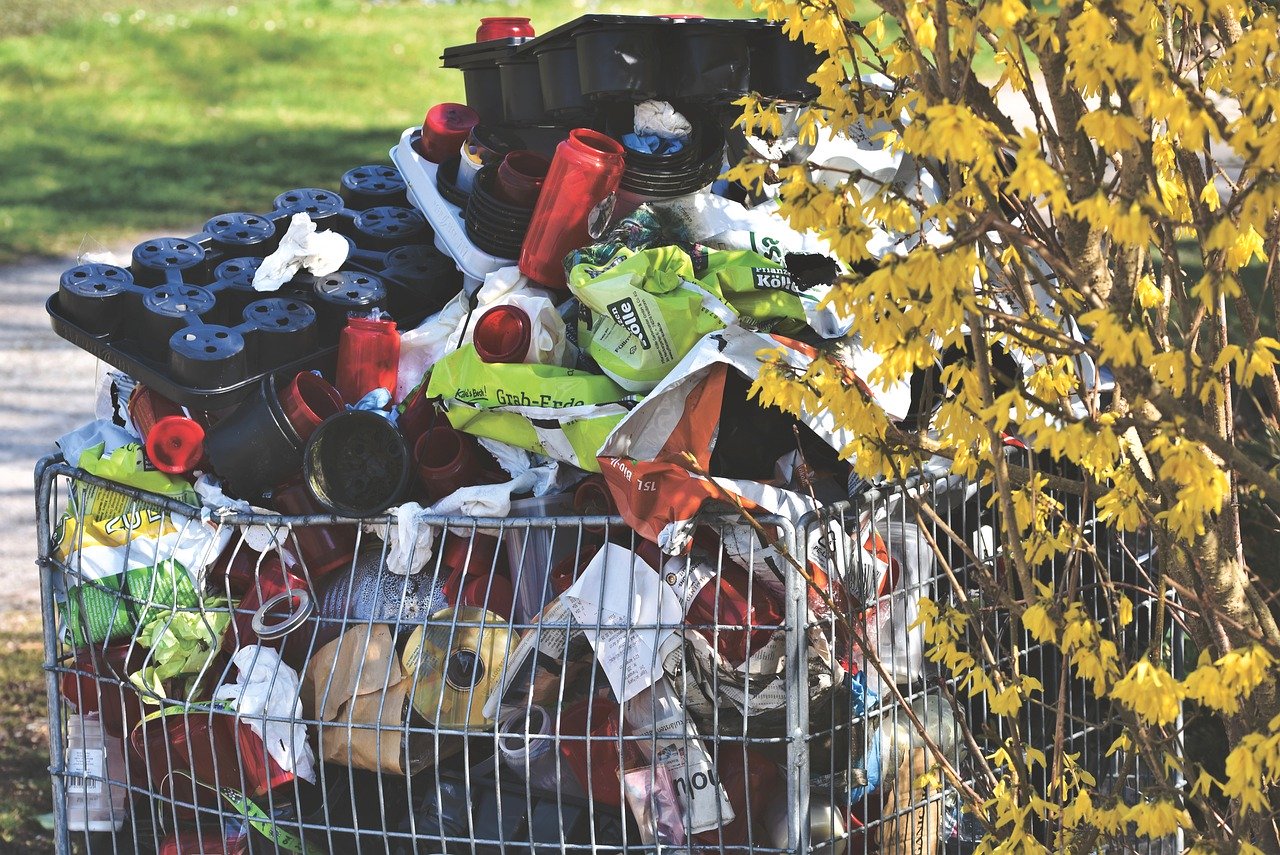Plastics have become a headache for our environment today!! So, researchers have been struggling to find some way to clean this humungous amount of plastic waste.
German researchers report in the journal Frontiers in Microbiology that they have found and characterized a strain of bacteria capable of degrading some of the chemical building blocks of polyurethane.
Polyurethane based plastic is a special type of hard plastic that is used in everything from refrigerators and buildings to footwears. Coming to polyurethane plastic usage, in 2015, PU products alone accounted for 3.5 million tons of the plastics produced in Europe.
Polyurethane based plastics are very hard to recycle so degrading it is the best solution.
“The bacteria can use these compounds as a sole source of carbon, nitrogen, and energy,” said Dr. Hermann J. Heipieper who is a senior scientist at the Helmholtz Centre for Environmental Research-UFZ in Leipzig, Germany.
The team in Germany managed to isolate a bacterium called Pseudomonas sp. TDA1, from a site full of brittle plastic waste, which showed some promise in attacking the chemical bonds that make up polyurethane-based plastics.
This strain is part of a group of bacteria that are well-known for their tolerance of toxic organic compounds, according to Dr. Christian Eberlein, a co-author of the paper
“That trait is also named solvent-tolerance and is one form of extremophilic microorganisms,” he said.
While the little germs offers a hope for a solution to the plastic polluting land and water around the globe, scientists are still a long way away from being able to use the bacteria on a large scale.
Heipieper estimated that it could take 10 more years for the bacteria to be completely ready to consume plastic at a large scale. He suggested us to decrease the usage of plastics in the meantime and obviously that should be the first measure we should take.
So, let us join hands together to decrease the plastic waste on the globe and hope that researchers get this solution working as soon as possible and clean the plastic waste already present on the globe.
The research was published in Frontiers in Microbiology

